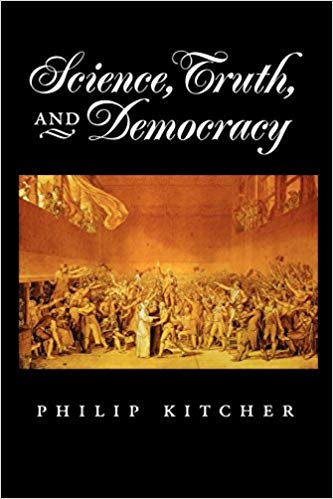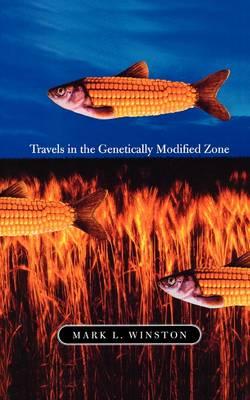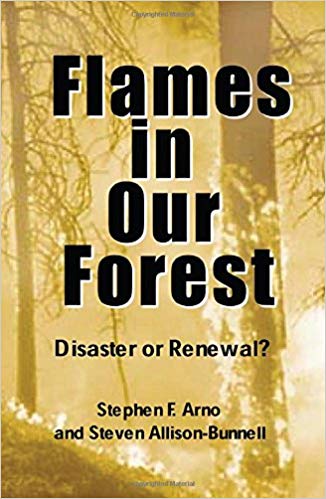Caught in Traffic
Every issue explores cutting-edge developments in technology, medicine, education, climate change, and much more. Articles provide in-depth analyses of science and technology’s impact on public policy, the economy, and society—bringing today’s best minds to bear on tomorrow’s most critical topics.
Editor's Journal
Science Advice or Political Cover?
What type of advice are political leaders looking for? Science advisory committees are being dissed by the Bush administration according to recent stories in Science, the Washington Post, and the… Read More
From the Hill
From the Hill – Fall 2002
S&T given big boost in homeland security department Both the House and Senate would create an undersecretary for science and technology (S&T) in the proposed Department of Homeland Security (DHS). The House… Read More
Perspectives
A Fair Deal for Federal Research at Universities
The government has gone too far in its efforts to shift the costs of federally funded academic research to the universities. This transfer has reduced researcher productivity, led to inadequate research management,… Read MoreAre All Market-Based Environmental Regulations Equal?
Economists have long advocated using the market to achieve environmental objectives. Possible policies include taxes on waste emissions and programs through which the government limits pollution by issuing emission permits that can… Read More
Real Numbers
Public Views of Science Issues
Who should control the human genes used in research? (a) George Bush, (b) Leon Kass, (c) corporate America, (d) Kofi Annan, (e) you? If you said (d) or (e) you are in… Read More
Features
Countering Sprawl with Transit-Oriented Development
Since World War II, two mutually reinforcing processes have characterized U.S. cities: decentralization and an increasing reliance on the automobile. Heavy investment in roads and other implicit subsidies of automobile use, combined… Read MoreThe Perils of Groundwater Pumping
The next time you reach for a bottle of spring water, consider that it may have come from a well that is drying up a blue-ribbon trout stream. The next time you… Read MorePaying for Protection from Invasive Species
The introduction of harmful, non-native, invasive species–terrestrial and aquatic–has received heightened recognition because of the threats this form of “biological pollution” poses to ecosystem health, endangered species, economic interests, and even public… Read MoreThe Developing World’s Motorization Challenge
Motorization is transforming cities and even rural areas of the developing world. The economic and social benefits are enormous. It provides individual flexible transportation in urban areas and reduced manual labor and… Read MoreFall 2002 Update
International ecosystem assessment now under way In “Ecosystem Data to Guide Hard Choices” (Issues, Spring 2000), I discussed the rationale for a new international scientific assessment focused on the consequences… Read MoreFighting Traffic Congestion with Information Technology
Traffic congestion is a vexing problem felt by residents of most urban areas. Despite centuries of effort and billions of dollars worth of public spending to alleviate congestion, the problem appears to… Read More
Book Reviews

Science and Security
In 2002, the story of Alfred Lee Loomis–lawyer, Wall Street tycoon, patron of science, and ultimately member of the National Academy of Sciences–is an exceedingly timely historical reminder that, however unique Loomis… Read More
Science’s Social Responsibility
Philip Kitcher, the distinguished Columbia University philosopher, has written a book that is clear, well argued, and, under the guise of eminent sensibility, surprisingly subversive. In Part I, “The Search for Truth,”… Read More
Food Fights
Like a bee pollinating a field of flowers, biologist and honeybee researcher Mark Winston spent more than two years buzzing around the twilight zone of agricultural biotechnology. This genetically modified (GM) terrain… Read More
The Politics of Fire
Suppressing fire was the stated policy of the U.S. Forest Service for much of the past century and still dominates the thinking of most voters and legislators. Its consequence has been to… Read More
Archives – Fall 2002
Photo: The Henry Goddard Papers, The Archives of the History of American Psychology, The University of Akron Pioneers in Standardized Testing Soon after the United States entered World War I, the Committee… Read More
